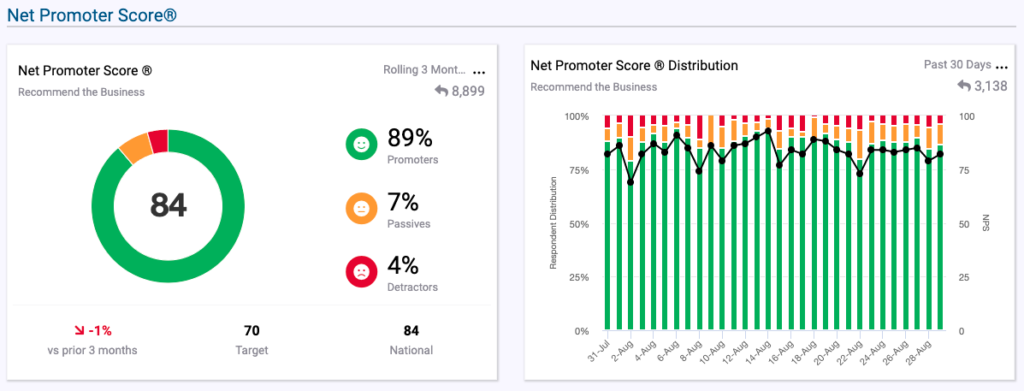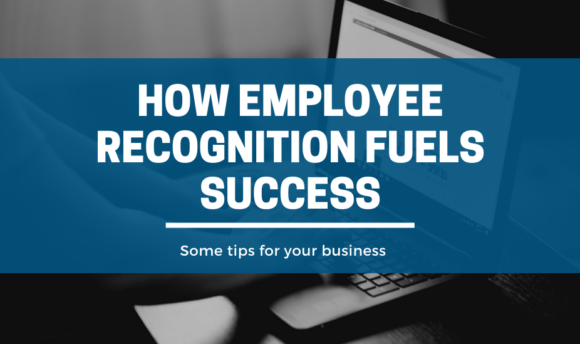
Best Practices
What is Net Promoter Score®?
The most common avenues for people to discover a new business are through personal recommendations and online reviews. Where personal recommendations fall short, online reviews can allow you to see hundreds of personal recommendations at once. But who has time to sift through a hundred reviews? In 2003, Fred Reichfield and Bain & Company created NPS® in order to efficiently measure consumer satisfaction of a business en masse. To put it simply, NPS® measures customer experience and predicts business growth. It also combines the detail and credibility of reviews with personal recommendations. This score is a core metric used by most customer experience management programs.
NPS® is calculated from a formula based on the answers to one straightforward question, “How likely are you to recommend *insert business name here* to your friends, family, or colleagues?”. Customers answer the question using a 0-10 scale, with ten being the most likely to recommend. Sometimes, there will be a text box under this question asking the customer to explain why they gave that rating to give a little more insight into the rating. Based on their scores, the customers get categorized into three groups: Promoters, Passives, and Detractors.

Promoters are those customers who scored 9-10. These are your loyal enthusiasts who will keep coming back and refer others to your business.
Passives are those who scored a 7-8. They are customers who are satisfied with their experience but have no issue switching to a competitor under the right circumstances.
Detractors are those who scored a 0-6. These are your unhappy customers who do not recommend your business, and they will most likely not be back.
The formula to calculate NPS® is %promoters – %detractors = Net Promoter Score®.

Why use NPS®
If measuring your customer experience and predicting growth isn’t enough to make you want to jump on the NPS® train, maybe how easy it is to use and implement it will. It’s just one question asking, “How likely are you to recommend *insert business name here* to your friends, family, or colleagues?” It’s easy for your customers to answer but provides so much value to your business. The rating system helps you understand your customers, allowing you to focus on how to help each group. Some NPS® questions will have a text box for customers to explain why they left the score they did. It doesn’t get any easier than this.
How do I start collecting NPS® for my business? Glad you asked. SureCritic surveys include NPS® scores. We’ll do the asking and the calculating for you, so you don’t have to. Amazing, right? All you’ll have to do is send a review request to your customers, and we’ll take it from there. Our state-of-the-art dashboard will track and display your scores, and our listings will show off your score for prospective clients to see.

Understand your Net Promoter Score and redeem your detractors with ReScore so you can build a better business. Schedule your free demo today.


